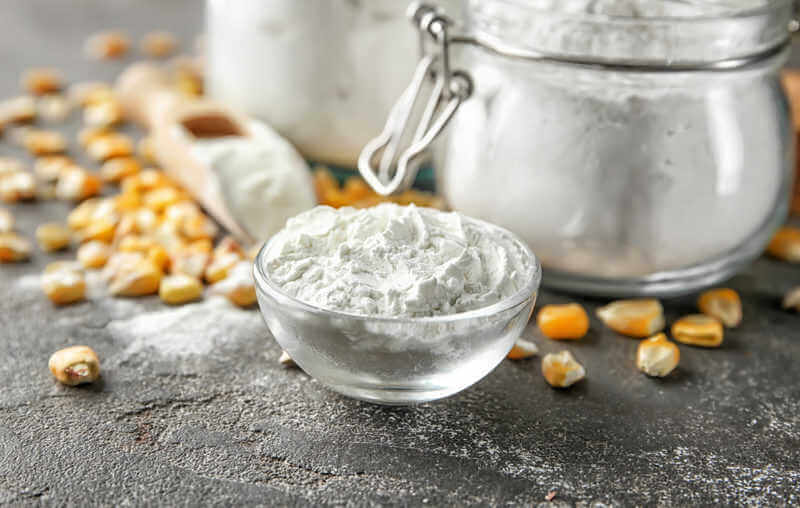If you’ve ever found yourself wondering, “Can cats eat cornstarch?” you’re in the right place. Today, we’re diving deep into this question to give you the full scoop. Whether you’re a seasoned cat owner or a new pet parent, understanding what’s safe and healthy for your furry friend is super important.
What Is Cornstarch Anyway?
First things first, let’s talk about what cornstarch actually is. Cornstarch is a fine, powdery substance made from the endosperm of corn kernels. It’s commonly used in cooking and baking as a thickening agent for soups, sauces, and desserts. It’s pretty much a staple in most kitchens. But just because it’s common in our food doesn’t mean it’s good for our feline friends.
Why Do People Use Cornstarch?
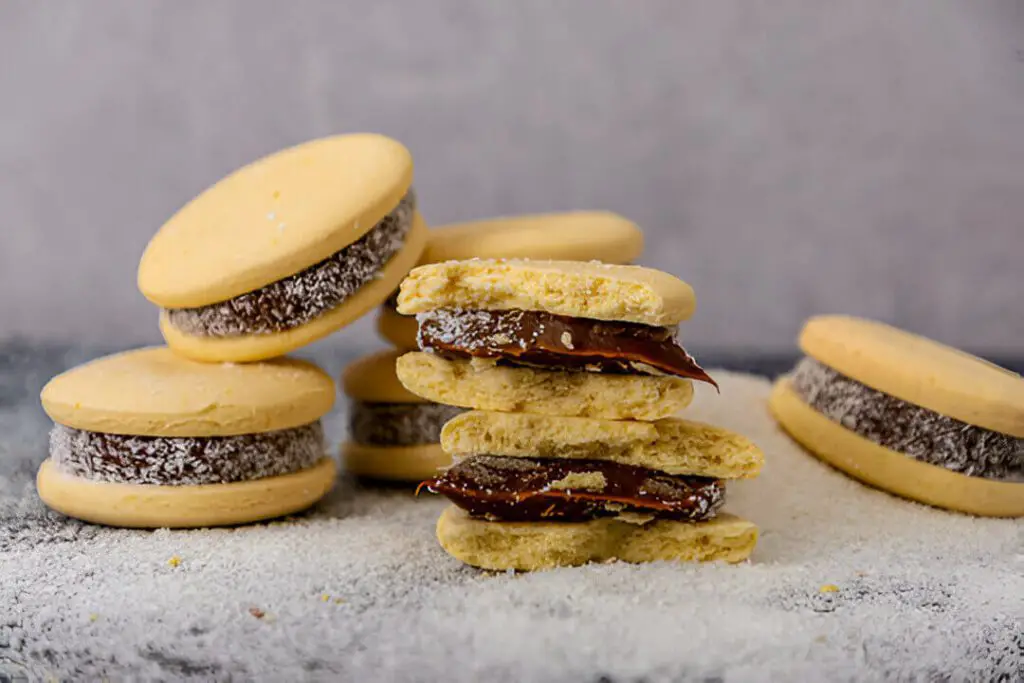
- Thickening Agent: It’s great for giving soups and sauces that perfect, silky texture.
- Baking: Adds lightness to cakes and cookies.
- Cooking: Helps to coat meats or veggies for a crispy finish.
Can Cats Eat Cornstarch?
The short answer? No, cats shouldn’t be munching on cornstarch. While it isn’t toxic, it’s not exactly good for them either. Let’s break down why.
Cornstarch Isn’t Toxic, But…
Cats are obligate carnivores. This means their diet should primarily consist of meat. Their digestive systems are designed to process proteins and fats, not carbohydrates. Cornstarch is a plant-derived carbohydrate and doesn’t offer any nutritional benefits for cats. Feeding your cat cornstarch could potentially lead to:
- Digestive Issues: Vomiting or diarrhea because their tummies aren’t used to processing carbs.
- Nutritional Imbalance: It doesn’t provide the essential nutrients that cats need.
What Happens If My Cat Eats Cornstarch?
If your cat accidentally eats a small amount of cornstarch, don’t panic. It’s not poisonous. However, you should keep an eye on them for any signs of discomfort, such as:
- Vomiting
- Diarrhea
- Loss of appetite
If any of these symptoms appear, it’s best to consult your vet. They can give you the best advice and make sure your kitty stays healthy.
Cornstarch in Cat Food: Yay or Nay?
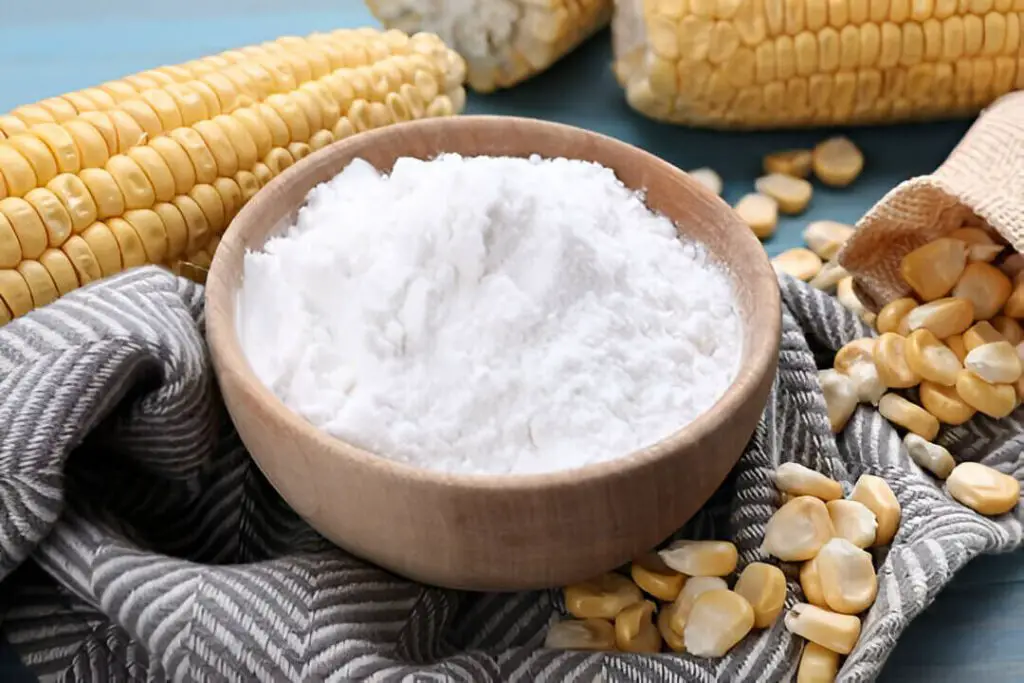
You might be wondering, “If cornstarch isn’t good for cats, why is it in some cat foods?” Good question! Cornstarch can be found in some commercial cat foods as a source of digestible carbohydrates. When used in small, processed amounts, it can be okay. But it should never be the main ingredient.
Why Do Some Cat Foods Include Cornstarch?
- Digestibility: Processed cornstarch can be somewhat digestible for cats.
- Energy Source: Provides a quick source of energy, though not the best one.
- Binding Agent: Helps to bind other ingredients together in dry cat food.
However, it’s essential to choose high-quality cat food that prioritizes meat and animal proteins. Always read the labels and consult your vet if you’re unsure.
Using Cornstarch on Cats’ Fur
Surprisingly, cornstarch can be useful for cats, but not as food! If your kitty has matted fur, a bit of cornstarch can help detangle those knots.
How to Use Cornstarch for Detangling Fur
- Sprinkle Lightly: Sprinkle a small amount of cornstarch on the matted area.
- Brush Gently: Use a slicker brush to gently work through the tangles.
- Remove Excess: Make sure to brush out all the cornstarch to prevent ingestion.
Alternatives to Cornstarch in Your Cat’s Diet
Since we’ve established that cornstarch isn’t ideal for cats, what are some better alternatives? Here are a few nutritious options to consider:
Protein-Rich Foods
- Cooked Chicken or Turkey: Great sources of lean protein.
- Fish: Salmon or tuna in moderation, can be a tasty treat.
- Eggs: Cooked eggs provide high-quality protein and essential nutrients.
Healthy Snacks
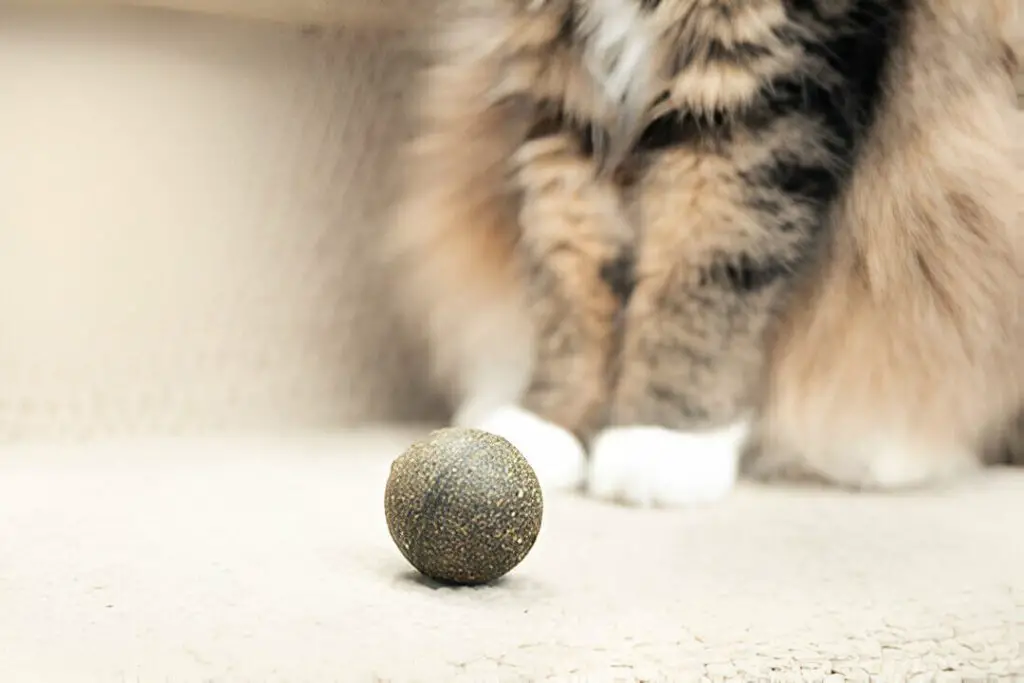
- Catnip: Most cats go crazy for it, and it’s completely safe.
- Cat Grass: Helps with digestion and adds some fiber to their diet.
- Commercial Cat Treats: Look for treats with high protein content and low fillers.
The Role of Carbohydrates in a Cat’s Diet
While cats don’t need carbs like we do, they can tolerate small amounts, especially if they come from high-quality sources. The key is balance. A cat’s diet should be rich in animal proteins and fats, with minimal carbohydrates.
Good Carbohydrate Sources
- Pumpkin: Great for digestion and adds fiber.
- Peas: Found in some cat foods, provide vitamins and fiber.
- Sweet Potatoes: Can be used in small amounts for added nutrients.
Homemade Cat Treats
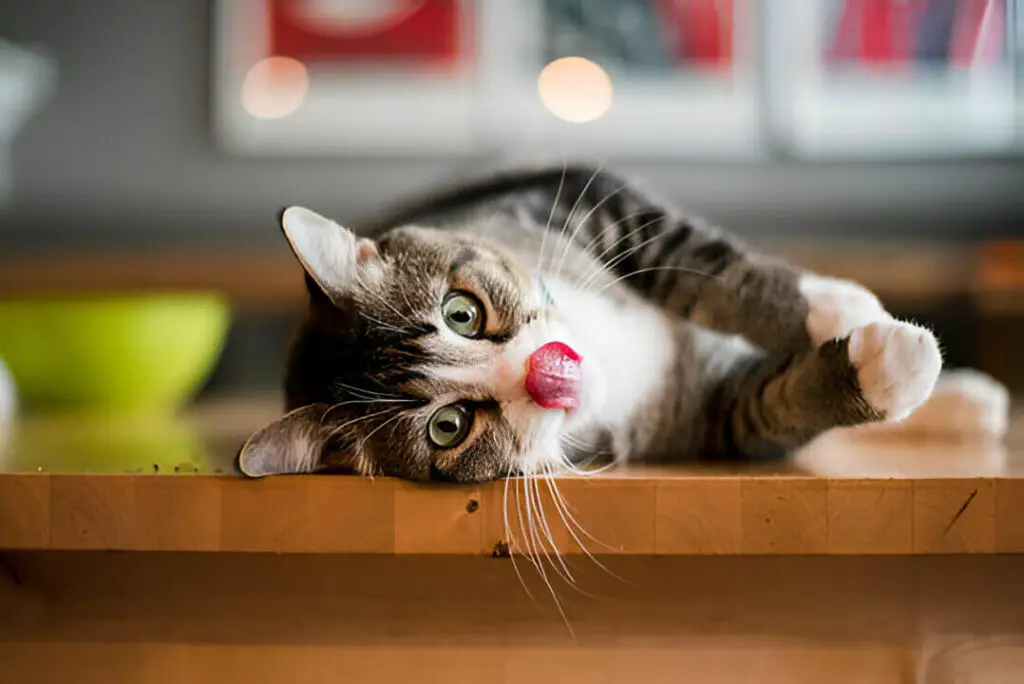
If you love spoiling your kitty with homemade goodies, here are some cat-friendly recipes that avoid cornstarch:
Tuna Treats
- Ingredients: Canned tuna, egg, oat flour.
- Instructions: Mix, form into small balls, and bake at 350°F for 10–12 minutes.
Chicken Bites
- Ingredients: Cooked chicken, catnip, egg.
- Instructions: Blend, shape into small pieces, bake at 350°F for 10 minutes.
Cornstarch and Allergies
Cats can develop food allergies, and while corn isn’t a common allergen, it’s possible. If your cat shows signs of allergies such as itching, vomiting, or diarrhea, it’s crucial to identify and eliminate the allergen.
Common Symptoms of Food Allergies
- Itchy skin or rash
- Frequent ear infections
- Gastrointestinal issues
Final Thoughts
In the grand scheme of things, while cornstarch isn’t toxic to cats, it’s not something they need or benefit from. As obligate carnivores, cats thrive on diets rich in animal proteins and fats. Stick to high-quality cat foods and treats that cater to their natural dietary needs. If in doubt, always consult with your veterinarian to ensure your furry friend gets the best nutrition possible.
So, next time you’re in the kitchen whipping up a meal, keep the cornstarch for your recipes and out of your cat’s bowl. Your feline friend will thank you with purrs and cuddles, and you’ll have peace of mind knowing they’re eating what’s best for them.
Keep Your Cat Healthy and Happy
- Consult Your Vet: Always get professional advice on your cat’s diet.
- Read Labels: Choose cat foods with high-quality ingredients.
- Avoid Human Food: Stick to cat-approved treats and meals.
By understanding what’s safe and nutritious for your cat, you’re ensuring they live a long, healthy, and happy life. So, can cats eat cornstarch? Now you know – it’s best to keep it out of their diet and focus on what truly nourishes them.


